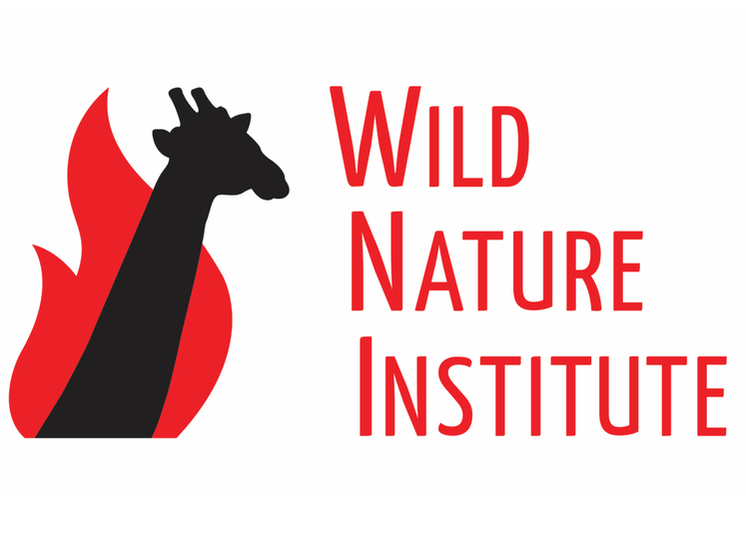|
We are hard at work preparing for our next round of surveys for giraffe and other hoofed mammals in the Tarangire-Manyara Ecosystem, in just 2 weeks. Preparations involve renewing our research permits and making sure the research vehicle is in good working order. This rainy season has been quite wet, which means lots of drinking water for animals...but also lots of potentially muddy spots in which our Landcruiser can get stuck! Despite the often difficult field conditions, we always look forward to experiencing the beauty of the African savanna.
0 Comments
The leopard (Panthera pardus) is one of 7 species of big cat in the world, all of which share an ability to roar: the voice box is suspended by an elastic ligament which vibrates and magnifies sound. The leopard is the most widespread of all wild cats, found wherever there is adequate cover throughout Africa and from the Arabian Peninsula through Asia to China and Korea. In fact, the leopard is one of the widest-ranging mammals in the Old World. There was even a race of leopard on the island of Zanizibar in Tanzania, although sadly it is thought to be extinct. This solitary, territorial feline was described by pre-eminent wildlife biologist Richard Estes as the “quintessential ambush and stalking predator,” seeking to pounce upon its quarry before it can react. A leopard will consume protein in almost any form, from beetles on up to antelopes twice its own weight! For comparison, adult male leopards weigh from 35-65 kg, similar to a cheetah, while an adult male lion weighs on average 190 kg and up to 260 kg. It is no surprise leopards and cheetahs fear the lion. We typically have one or two leopard sightings while conducting our ungulate surveys, mostly in the national parks (we've only seen a leopard once outside park boundaries). Spotting a leopard never fails to make the heart beat faster with excitement! These are some of our favorite photos we've taken of this magnificent and impressive creature.
|
Science News and Updates From the Field from Wild Nature Institute.
All Photos on This Blog are Available as Frame-worthy Prints to Thank Our Generous Donors.
Email Us for Details of this Offer. Archives
July 2024
|
|
Mailing Address:
Wild Nature Institute PO Box 44 Weaverville, NC 28787 Phone: +1 415 763 0348 Email: [email protected] |
|

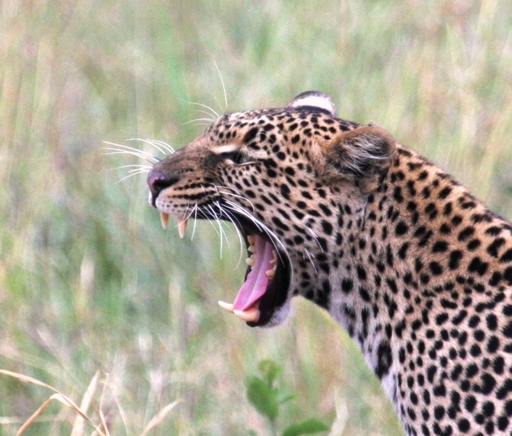
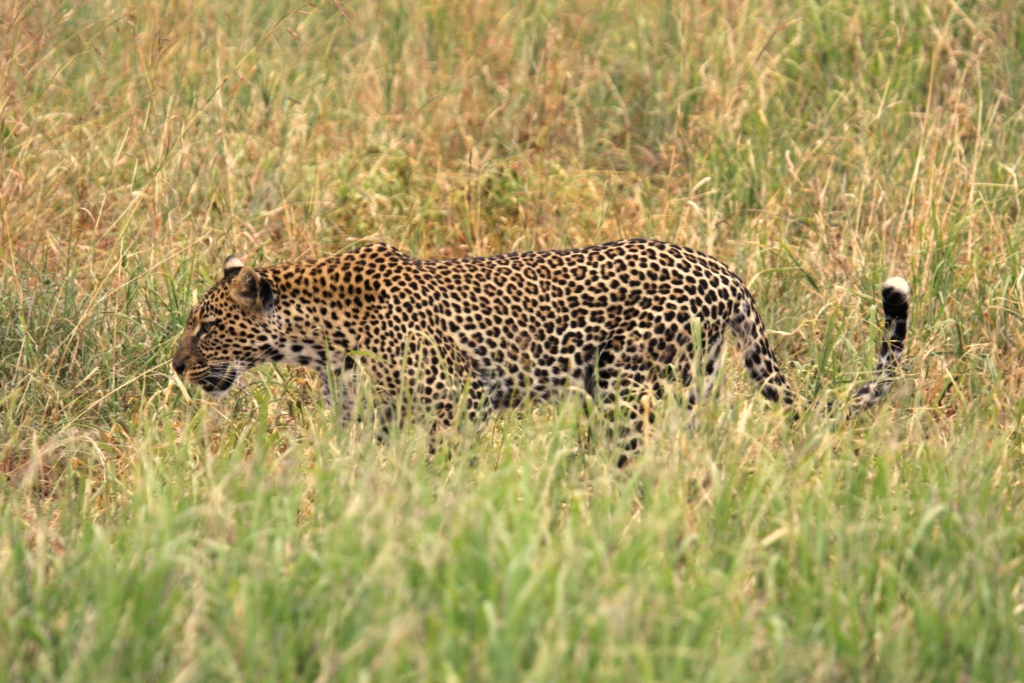
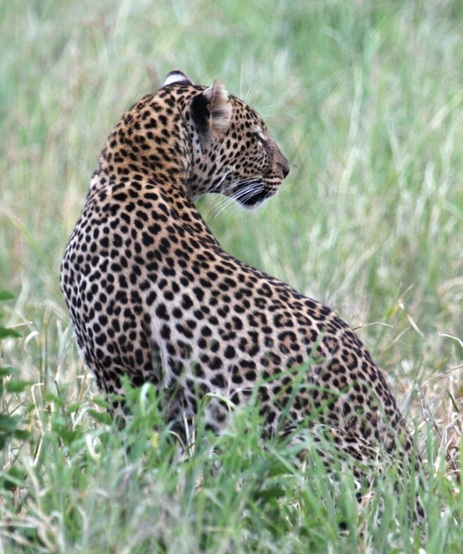
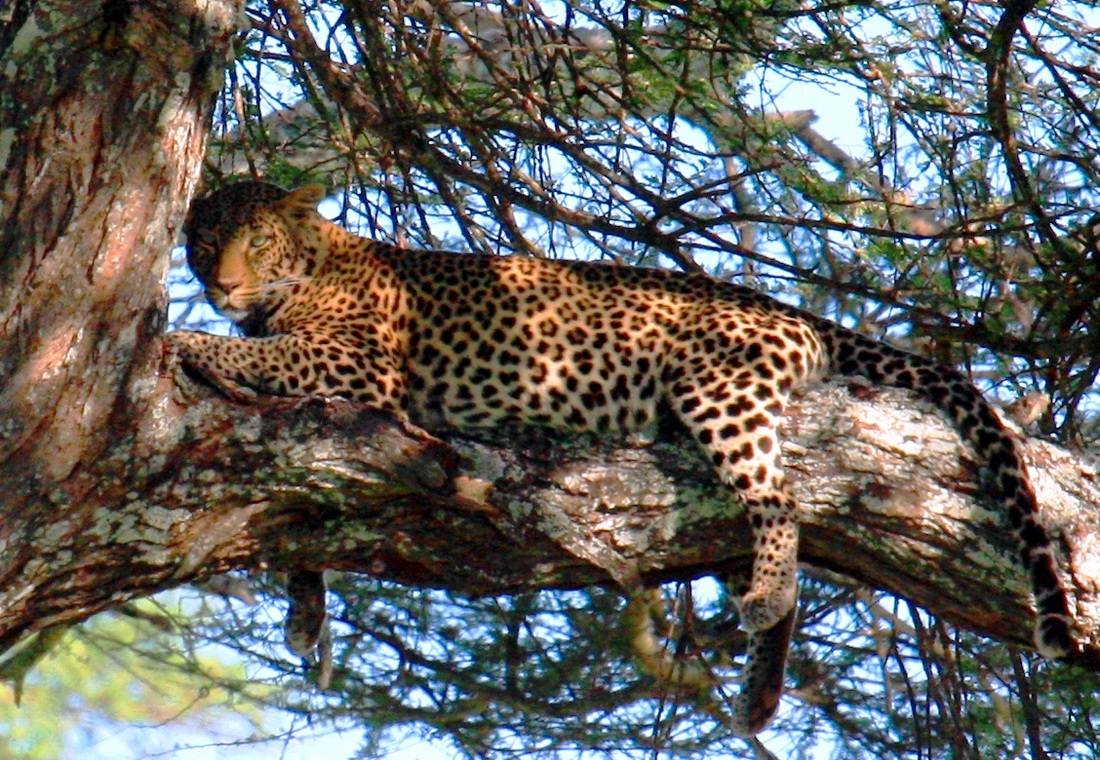
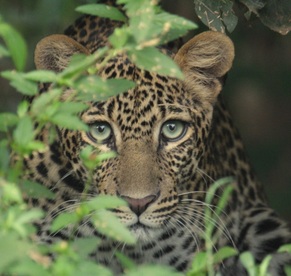
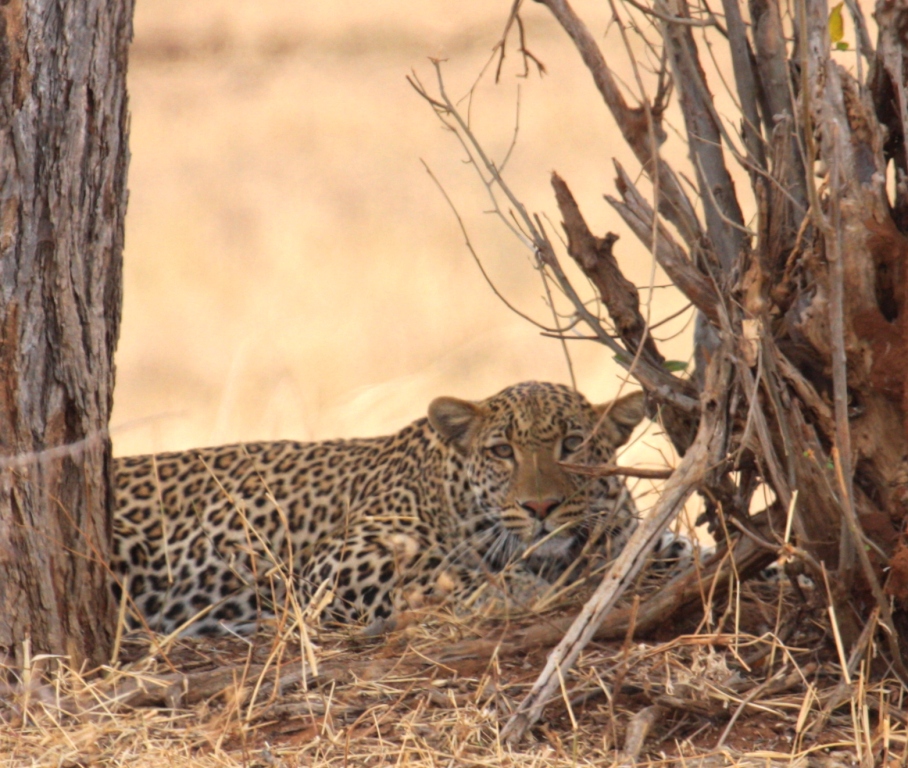
 RSS Feed
RSS Feed
